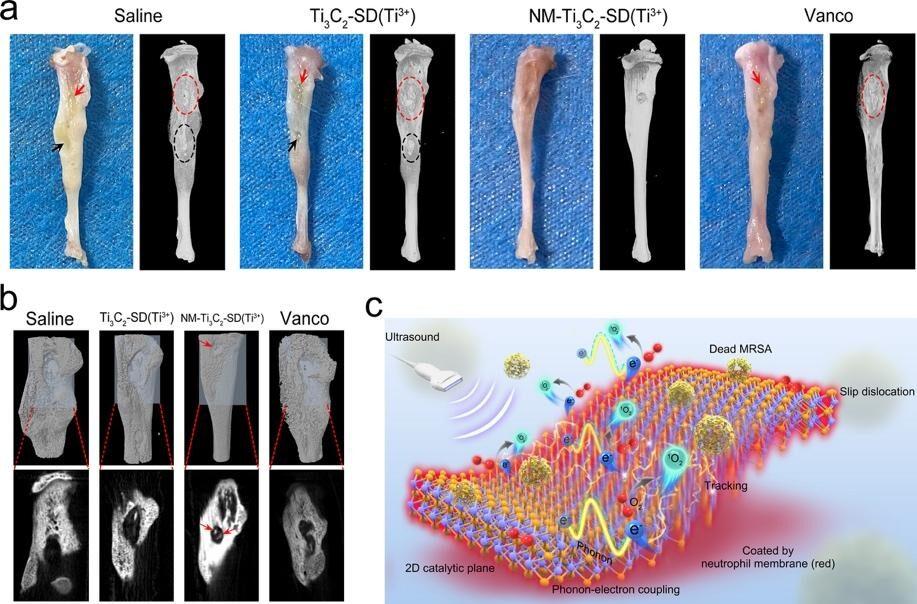Sepsis is the body’s severe reaction to an infection, and it can be a killer. In fact, it’s responsible for one in five deaths worldwide. Sepsis occurs when the germs from an infection invade the bloodstream and cause severe systemic inflammation, often with fever, shortness of breath, unconsciousness, and in severe cases, organ failure and even shock.
But the toll of the life-threatening condition also goes beyond sepsis patients.




